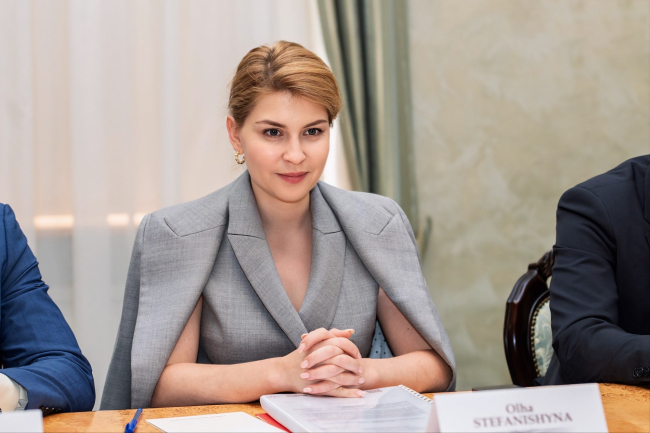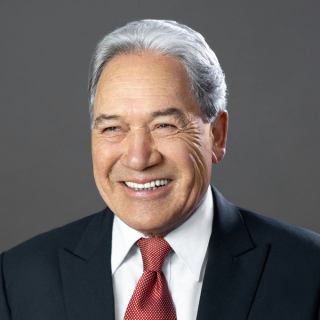
Practical information
Registration for this event is now closed.
Find out more about our donor programsSince the beginning of the 2000s, a new politics has developed in Europe about the "crisis" of migrants' integration.
The backlash against multiculturalism in countries like Britain or the Netherlands has paralleled the reappraisal of the idea of a color-blind citizenship in France and the so-called ethnicization of French society. In short: either multiculturalism or republicanism, national models of integration would have failed.
Such a policy diagnosis does not go without critical consequences.
The very idea of a "crisis of integration" has reached the EU policymaking, and the future of integration of migrants in Europe is seen as a critical challenge to the cohesion of European societies. New immigration countries in the EU, such as Portugal, are left with a narrow alternative in this perspective: if neither multicultural nor republican models of integration work, what can be done in a context of increasing immigration?
The objective of this international conference is to revisit this diagnosis from a critical and comparative perspective.
Can we take for granted that integration is a "failure" in European countries? What do we mean by "integration"? Are European societies really "threatened" by cultural or religious identities brought by immigration? What can be learned from comparison among European countries which have followed different paths in integrating migrants, as well as between European immigration countries and traditional multicultural countries such as Australia, Canada, and the USA?
- Christophe Bertossi, Senior Research Fellow, Director of the "Migrations, Identities, Citizenship" Program, Ifri (France)
- Jan Willem Duyvendak, Professor of sociology, University of Amsterdam (Netherlands)
- Nancy Foner, Distinguished Professor of Sociology, City University of New York (USA)
- Danièle Joly, Professor of Sociology, Director of the Centre for Research in Ethnic Relations, University of Warwick (UK)
- Jeffrey Reitz, R.F. Harney Professor of Ethnic,Immigration and Pluralism Studies, University of Toronto (Canada)
- Robert Van Krieken, Associate Professor of Sociology, University of Sydney (Australia)
Other events

Navigating War, Reforms, and Secure Future: Ukraine’s EU and NATO Accession Path
Exclusive conve

Lunch debate with Winston Peters, Deputy Prime Minister and Minister of Foreign Affairs of New Zealand
Discussion co-chaired by Thierry de Montbrial, Executive Chairman of Ifri, member of the Academy of Moral and Political Sciences, and Marc Hecker, Deputy Director of Ifri (in English without translation).

Shaping Europe’s Technological Sovereignty
In the wake of Donald Trump's re-election in the United States, Europeans face a crucial imperative: rethinking their sovereigny, especially in the technological realm. What will be the strategic priorities and action levers of the new European Commission on this issue? What assessment can we make of the previous Commission’s achievements and challenges in navigating Sino-American technological competition, transatlantic dependencies, and emerging global partnerships?










